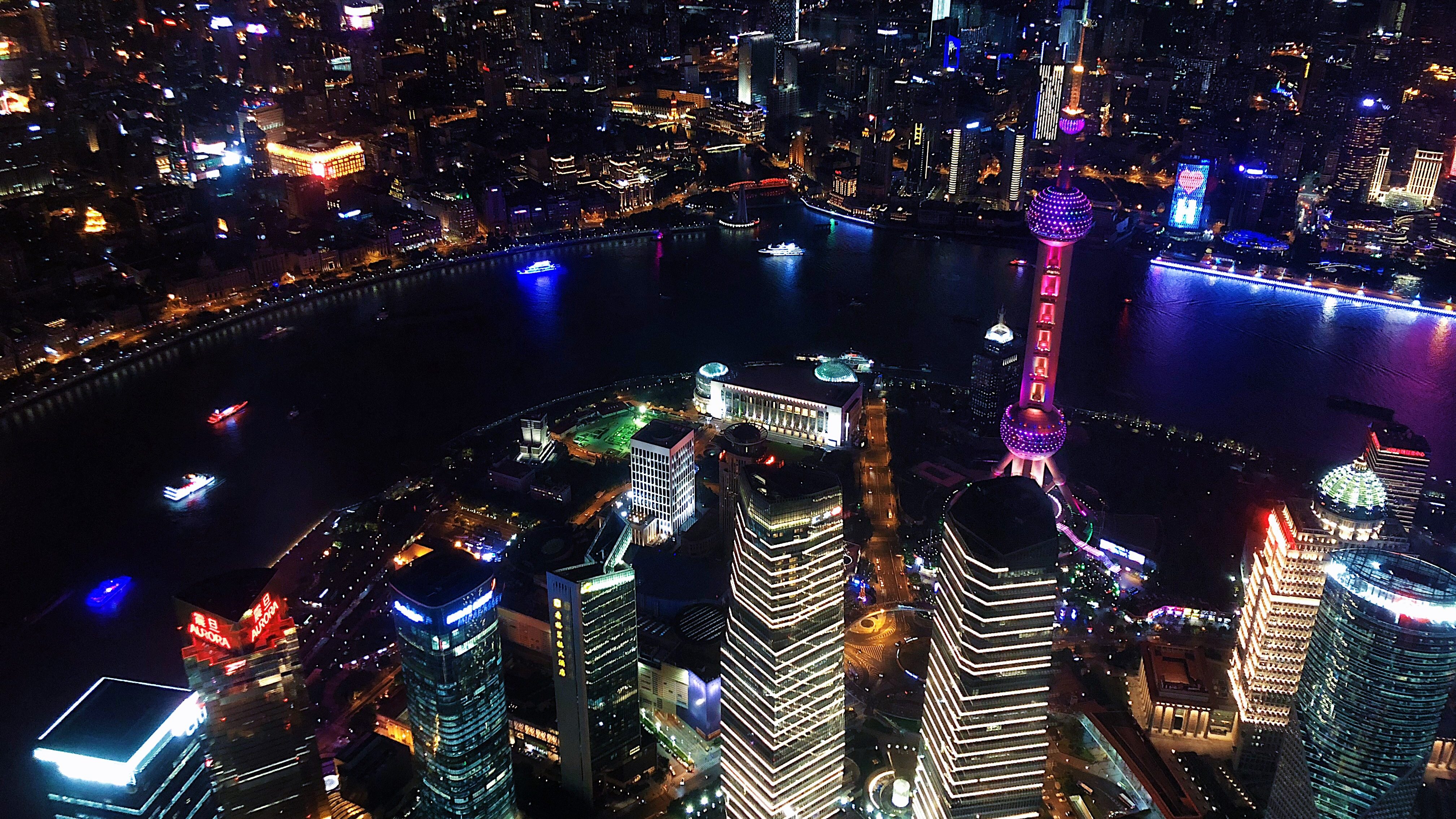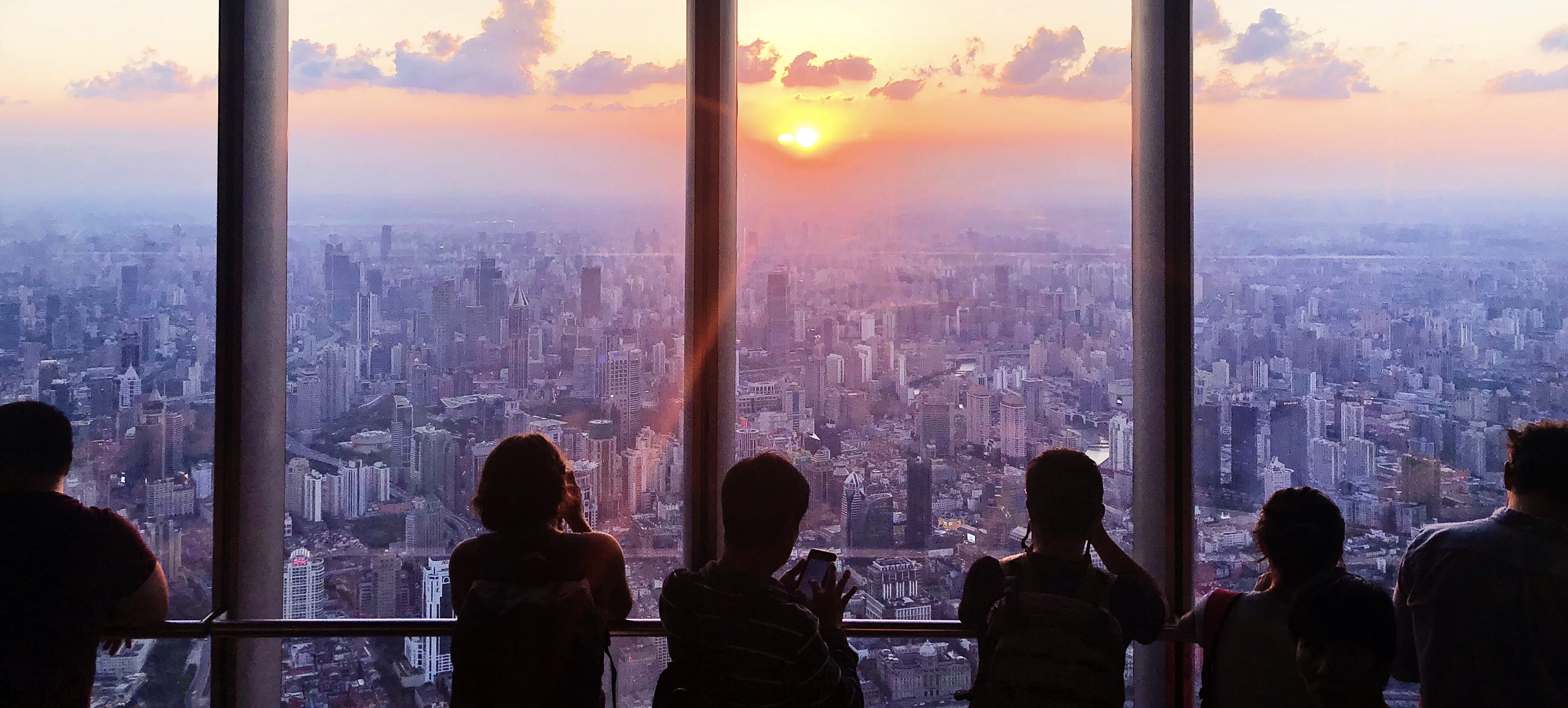Annie Lin is an undergraduate student in the School of Journalism, with minors in Communication Studies and English. During her time at Northeastern, Annie has eagerly pursued a variety of opportunities to explore her passions for design, writing, fashion, travel, and more. She has participated in several global experiences through Northeastern, including multiple co-ops overseas. We were lucky enough to ask Annie a few questions about her journey, advice she would have for other students considering going abroad, and more. Read her thoughts below!
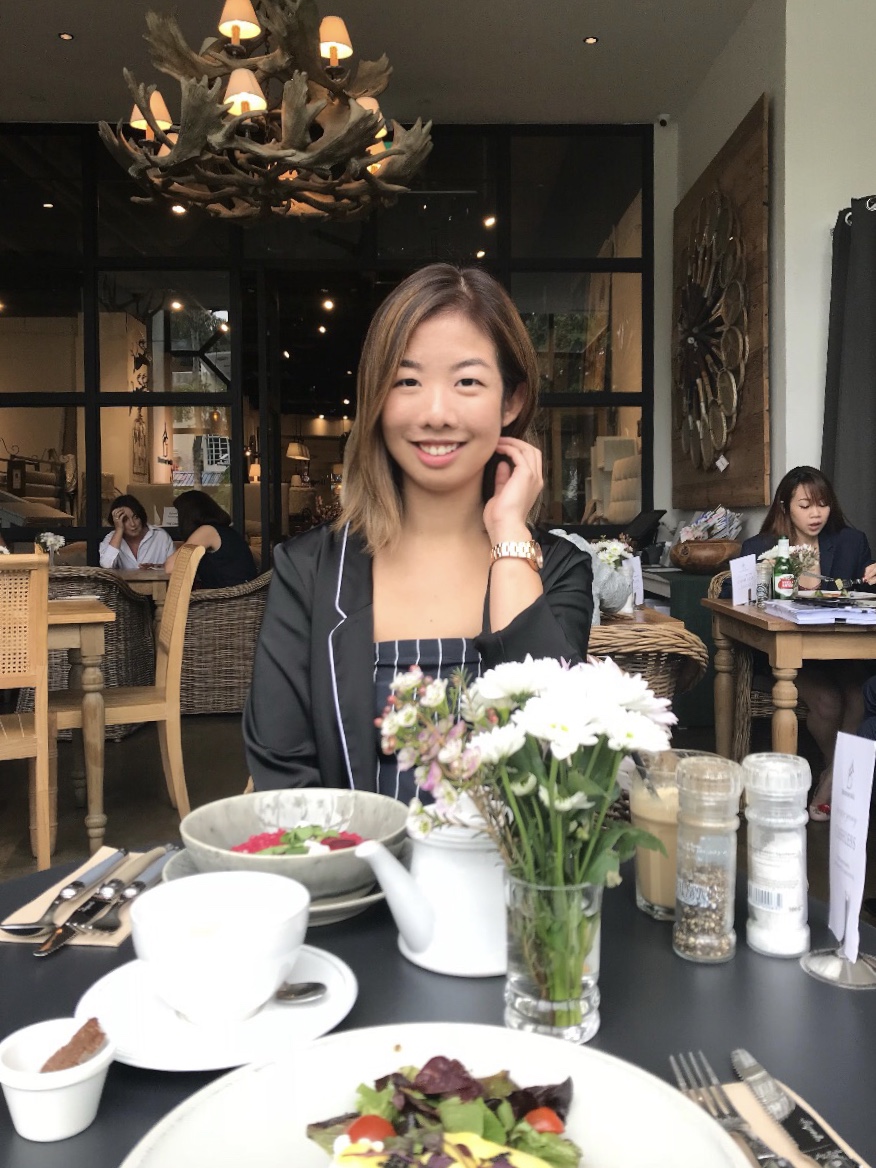
What were your responsibilities at CNBC, and what did an “average” day at work look like for you?
I was a News Editorial Intern at CNBC Asia’s headquarters in Singapore from July 2017 to January 2018. You could say there wasn’t anything particularly “average” about my work day. A typical day started at 2am, I would grab a cab to work and arrive by 3am. I had the morning shift for the majority of my internship, there were a few months where I worked the 7am shift and that was considered late! Despite the hours, it was an experience I wouldn’t exchange for anything. It was definitely challenging and high intensity, but I’ll get to that later.
We would begin by reviewing the day’s newswires from The Associated Press and Reuters. This meant we were at the forefront of news and receiving new wires by the minute. We’d choose the top stories for the producers to review. This kept us in the loop of current affairs, and it was one of the most interesting ways to start the day! They’d then write the script, or as we called it, readers, for the anchors. We would find the corresponding video to the story – as it was television, we had to prepare many elements for each story including video footage, graphics, lower thirds (or as I like to call them, the “flashy boxes” at the bottom of the screen). We would do this for every story, reporter and interview that was scheduled for the blocks.
Depending on how long the show was, typically between 1-3 hours, you would have to prepare elements for each hour. We started to prepare from 3am for the 6am live broadcast. Often, you might only have an hour to prep for the next. Last minute breaking news could come up, guest interviews could be added to the schedule, people drop out of interviews, international feed connections drop – it was unpredictable. We tried our best to prepare for whatever came at us and keep the show running smoothly, even if it was a state of panic behind the scenes. The show wouldn’t be possible without the news assistants, assistant producers, producers, directors, video editors and, of course, the anchors. I worked alongside a stellar news team that had years of experience in broadcast news. In addition to our Singapore team, we also worked with teams in the South Korea, Australia and Hong Kong to provide the most comprehensive news coverage in the Asia-Pacific region.
After the show ended, we would prepare elements for the next day’s show. After work, I would stay back to review the day’s news program and extract interesting talking points from interviews. If a guest on the show discussed a current topic of relevance, I would pitch it to our digital editor. If the pitch was approved, I would write an article on that same day, and it would be published to CNBC’s digital site and other multimedia platforms.
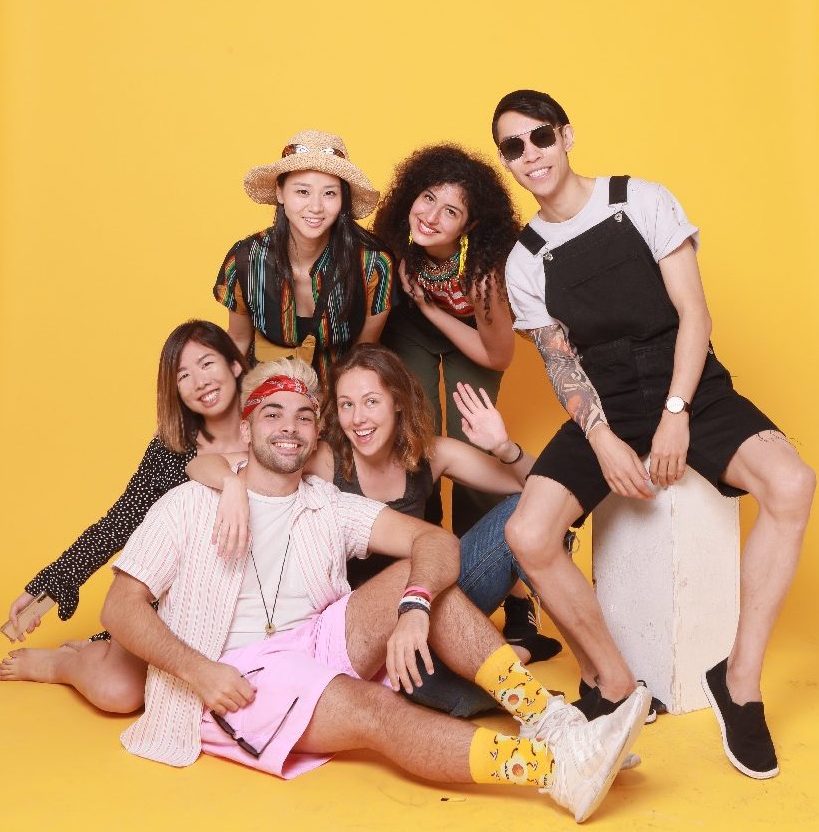
What are your responsibilities at Time Out Shanghai, and how does the role compare to your previous at CNBC?
They are completely different, in the best ways possible. For starters, Time Out is a British lifestyle media company started in London, now based in 315 cities in 58 countries, offering the best of city life, dining, entertainment and travel. CNBC is an American owned news network with international bureaus providing real-time programming on the latest business news and financial market reporting. I found myself at two ends of the spectrum.
At Time Out Shanghai, I work as an Editorial Assistant, which encompasses a multitude of roles and responsibilities that keeps everyday interesting. One day, I could be working on our social media platforms, specifically focusing on WeChat, and newsletters to reach out to our digital readership. Another day, I could be out exploring the city and seeking out new cafés and restaurants to write about. On other occasions, I could be attending events, premieres, tastings and networking with the movers and shakers in the city.
I have been able to explore my passion of writing through Time Out Shanghai, producing content on multimedia platforms, delving into different areas of lifestyle from dining to arts to music. We are also contributors of the tri-monthly print magazine. This means working on features that could involve interviewing people, assisting photoshoots, scouting models and the likes of that. My knowledge of Adobe Photoshop has also been beneficial in helping our graphic designer on the magazine layout when her workload gets too hectic. For this job, I would say you’d have to be able to multitask and be able to fill many shoes.
What would you say has been the most rewarding part/experience of completing your co-ops in Singapore and Shanghai?
Definitely meeting the people I’ve met through these experiences. Not only did I work alongside exceptionally talented and accomplished people through co-op, I was also able to make lasting connections and a strong group of friends. There’s that saying, “the people make the place.” I think that’s wholly true from my experiences abroad.
Apart from my global co-ops, I’ve had multiple global experiences through Northeastern. I started with a Dialogue of Civilizations in Paris, France during the summer of my Freshman year. In the second semester of my Sophomore year, I studied abroad at The University of Sydney in Australia, followed by the co-op in Singapore. From there, I went on to London for a semester of study abroad at City, University of London. Finally, I came to Shanghai for my current co-op. It’s been a rollercoaster of a journey, that’s for sure. Through it all, the people I’ve met have consistently been the most rewarding aspect. Especially when it comes to travelling and being abroad, I believe the connections you make with people are the most valuable.
What were some challenges, highlights, or other notable facets of living and working abroad?
Where do I even begin? There’re so many things that happened along the way that make both global co-ops memorable. I’m lucky that my background has eased the transient state of moving and adapting to new environments for me. The usual culture shock comes expected, it’s become less of a surprise and more of a learning experience. I’m always looking for more ways to be exposed to different cultures and engaging with locals and living a local lifestyle has been particularly enriching.
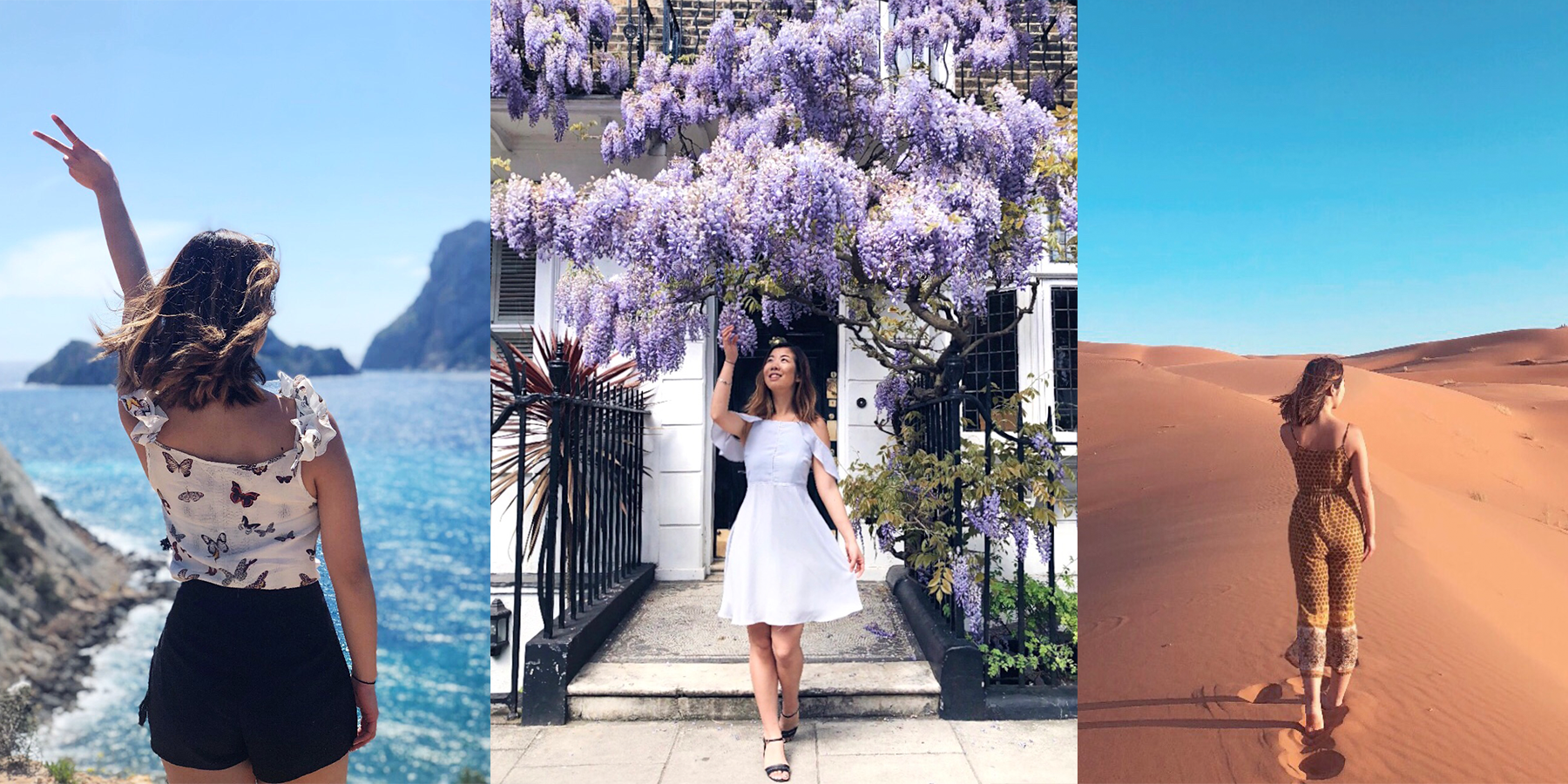
A major part of the challenges of working abroad is visas, and I highly recommend anyone thinking about co-op to research visa requirements for your respective country of citizenship and prepare the applicable documents needed to apply. Northeastern’s GEO has great staff and support that can guide you through the process. It’s a conversation that needs to be addressed before you apply for co-op. I’ve come across bumps along the way that have prevented me from accepting the co-op I wanted, and that was beyond my control. But I’ve come to accept the challenges and realize that it all really does work out in the end. Don’t give up if you’re let down, acknowledge the rejection and keep trying. I think that applies to any job.
The biggest highlight of being abroad is, unquestionably, the travelling. While I was on co-op and studying abroad, I was able to easily travel to the surrounding countries and it was one of the best parts of the experience. A few of the notable trips I made include riding camels in the Merzouga desert in Morocco, road-tripping along the Australian coastline and retreating to the tranquility of Koh Samui island in Thailand.
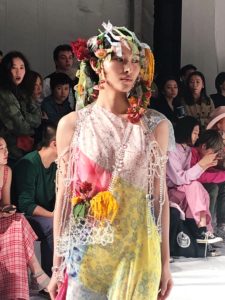
What are some of your interests and passions, and how have you been able to incorporate them into your academic and professional experiences?
Simply put, I love traveling. A case of wanderlust has consistently driven me to pursue the global experiences I’ve embarked on. Luckily, writing and editorial work has relative flexibility to permit the series of divergence I’ve taken throughout my course. My experiences prior to co-op have also lead me to the point I’m at today. I’ve been passionate about magazines for as long as I can remember, from having pages of editorial photoshoots instead of posters of pop-stars on my wall, to reading magazines instead of comics. I feel as if I’ve come full circle from my days of reading Time Out when I was younger and feeding the desire to venture to unknown corners of the city, to writing about the hidden gems for other city explorers to discover.
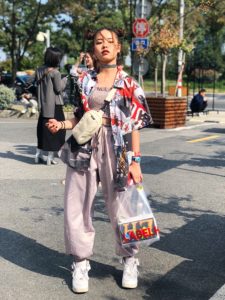
My other interests involve photography, curation and design, which have definitely found their way into both my academic and professional life. From shooting photographs on the streets of Paris to attending Shanghai Fashion Week and being photographed, one academically and one professionally. My interest in fashion also lead me to intern for a beauty/fashion site, Beauticate, as part of my course at The University of Sydney – another example of where my interests have merged with academics and career. I guess what I’m trying to say is, the roots of my professional experience have all sprouted from my interests that have evolved over the entirety of its course.
Beyond co-op, are there any other particularly notable experiences (extracurriculars, classes, organizations, etc.) you’ve had at Northeastern that you feel were instrumental in gaining experience?
Of course! Despite not having spent as much time in Boston, I feel that the start of my Northeastern journey began from the experiences I gained as a freshman college student on campus. I joinedArtistry Magazine in my very first semester as the Dance Editor, from then I became the Editor-in-Chief in the second semester of my freshman year. This was one of my favorite roles, I had a wonderful team and it was nice knowing that people looked to us as the news source for everything art, film, dance, theatre, fashion and music.
As I mentioned before, culture is an important part of my life. I joined the Asian Student Union and theMalaysian Student Association, where I eventually became the Social Media Director for MSA. This not only allowed me to be well-connected within the community, but I was able to reach out to other student organizations to collaborate and work together to create a culturally inclusive campus community.
Other roles I took on included Style Editor for Fresh U and a writer/photographer for Spoon University. I also participated in Lead360, volunteered as a conversation partner for Northeastern’s Global Pathway program and as a tutor for 826 Boston, a local non-profit youth writing center. Everything I mentioned was an instrumental part to my learning and working experience. I hope to continue these experiences in my last semester on campus and carry them with me beyond the classroom into my future adventures.
